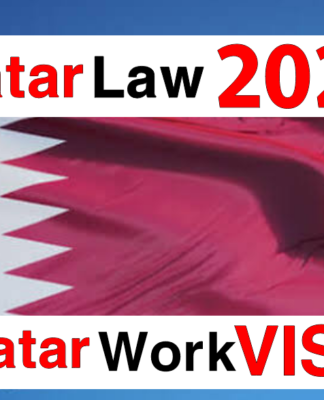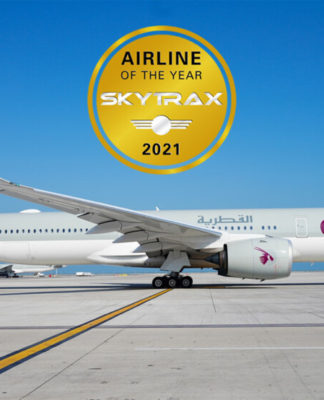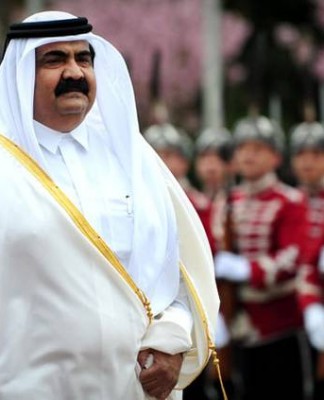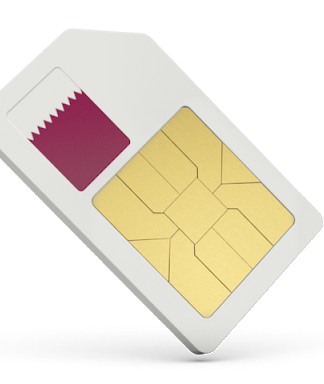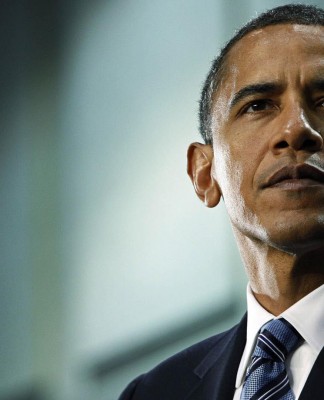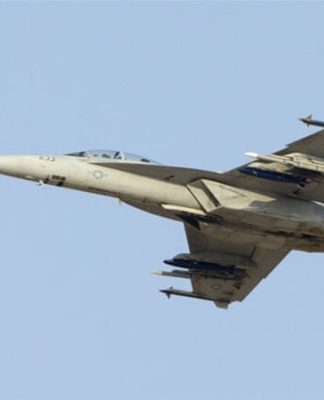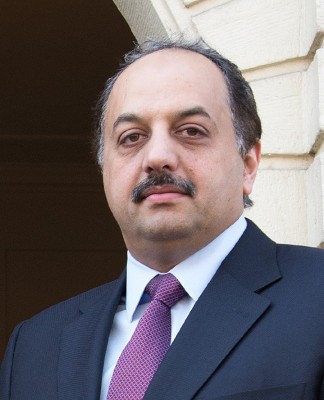Russian ‘smash-and-grab’ social media operation on Facebook and Instagram attempting to influence Ukraine war – Meta report
Many fake accounts pushing Russian views on the invasion have been blocked, while Meta has also limited the reach of state controlled media. Independent researchers welcome the changes but say disinformation from other sources is left “virtually unchecked”.
Sanya Burgess
Digital investigations journalist @sanyaburgess
Thursday 23 February 2023 13:04, UK
Why you can trust Sky News
There has been a sharp increase in the creation of “smash-and-grab” Russian-origin social media accounts since the invasion of Ukraine, Meta’s president of global affairs Sir Nick Clegg has said.
The tech company, which owns Facebook, Instagram and WhatsApp, reports there has been a surge in fake accounts designed to drown out anti-Russian conversations about the Ukraine war.
The campaign has particularly targeted Ukrainian social media users.
Fake accounts designed to sway other social media users on a large scale are not new, however, the Russian campaign appears to have undergone a shift in strategy.
Russian President Vladimir Putin chairs a meeting on agriculture issues via video link in Sochi, Russia September 27, 2022. Sputnik/Gavriil Grigorov/Pool via REUTERS ATTENTION EDITORS – THIS IMAGE WAS PROVIDED BY A THIRD PARTY.
Image:
The influence campaigns have attempted to push Russian views of the invasion on social media
Previous influence operations were often sophisticated and well resourced. However, the inauthentic accounts appearing over the last year seem to have been set up quickly and are easier to detect.
“Rather than trying to build-up convincing fake personas, these campaigns resembled ‘smash-and-grab’ operations that used thousands of fake accounts across social media – not Meta platforms alone – in an attempt to overwhelm the conversation with their content,” Sir Nick told reporters in a briefing ahead of the release of Meta’s quarterly adversarial threat report.
Meta believes the switch to a large scale production of unconvincing accounts may be because Russia was unprepared and not expecting to need to use this type of information war tactic.
However, it could also be an attempt to produce these accounts at a scale that the volume of profiles would overwhelm Meta’s defences. A third possible explanation could be that these simple accounts just do not require as much resource.
Nathaniel Gleicher, Meta’s head of security policy, said the behaviour of these Russian fake accounts used a “throw spaghetti at the wall to see what sticks” approach. He confirmed that the majority of these accounts have been removed but more continue to spring up, with those behind this campaign appearing to take a leaf out of the “spammer’s playbook”.
Russia at War: Putin's Home Front25:12
Play Video – Russia At War – Putin’s Home Front
Russia At War – Putin’s Home Front
Meta says it has been on “high alert” since Russia invaded Ukraine a year ago and took down two large Russian covert networks focussed on the war in Ukraine. These operations were linked to private individuals, including those associated with the sanctioned Russian businessman Yevgeny Prigozhin, the founder of Russian mercenary group Wagner.
Since the takedown, Meta reports that there have been attempts to spawn thousands of replacement accounts.
Sir Nick described the behaviour as “aggressive” and “persistent”.
For the first time, Meta has also restricted activity from Russian-controlled media groups. This includes blocking them from running adverts, demonetising their accounts and demoting their content.
Graphika, which analyses online networks, has today also released a report looking at the activities of Russian-controlled media on Facebook and Instagram.
An excavator demolishes a multi-storey apartment block, which was destroyed in the course of Russia-Ukraine conflict in Mariupol, Russian-controlled Ukraine
Image:
Russia invaded Ukraine a year ago, with cities such as Mariupol now under Moscow’s control
Using data provided by CrowdTangle, a public insights tool from Meta, the analysts looked at the posting volumes and engagement levels of 299 Facebook pages and Instagram accounts labelled as “Russian state-controlled media” by Meta that were active between 1 February last year and this year.
Graphika found these pages, including those from RT and Sputnik as well as smaller outlets, increased how much they were posting in the run-up to the invasion.
After Meta took action against these types of pages and Russia in turn began to limit access to Facebook and Instagram, the amount of posts being published had reduced by 43% and engagement had fallen by 80% six months into the war on 24 August compared to the same day a year earlier.
Read more:
Criticism of Ukraine war spreads on Russian social media as loved ones die
Tim Squirrell, head of communications at the Institute for Strategic Dialogue (ISD), told Sky News that Meta’s findings are to be expected.
“It’s unsurprising that there has been a proliferation of pro-Kremlin accounts trying to crowd out the information environment with their propaganda,” he said, warning that there are networks of pro-Kremlin influencers who are even more effective at spreading Moscow’s views than both state media or Russian-origin propaganda.
Reflecting on Meta’s targeted restrictions on state-controlled media, Mr Squirrell said: “If the figures are correct, it indicates that downranking and demonetisation does have an impact.
“This begs the question as to why Meta refuses to do that for the large array of other toxic content on its platform.
“They’ve proven they respond under massive international pressure, but aren’t able to proactively do it when it might compromise their bottom line.”
The logo of Meta Platforms' business group is seen in Brussels, Belgium December 6, 2022. REUTERS/Yves Herman
Image:
Meta owns Facebook, Instagram and WhatsApp
He welcomed the steps Meta has taken to remove explicit propaganda campaigns but highlighted that it is becoming more difficult for independent researchers to access the company’s data to assess themselves and that ISD’s own analysis shows misinformation and disinformation is still taking place on Meta platforms.
He said: “It’s great they’re removing explicit propaganda campaigns but there’s so much misinformation and disinformation that they have let run virtually unchecked on their platforms, particularly around events like Bucha – where we found that posts questioning the massacre were three times as likely to be shared as those involving corroborated reporting – and with seemingly ‘independent’ influencers using Instagram to cast aspersions on conflict-related events.”
Click to subscribe to the Sky News Daily wherever you get your podcasts
The Data and Forensics team is a multi-skilled unit dedicated to providing transparent journalism from Sky News. We gather, analyse and visualise data to tell data-driven stories. We combine traditional reporting skills with advanced analysis of satellite images, social media and other open source information. Through multimedia storytelling we aim to better explain the world while also showing how our journalism is done.
Why data journalism matters to Sky News
Related Topics
Data And Forensics
Russia
Ukraine

















